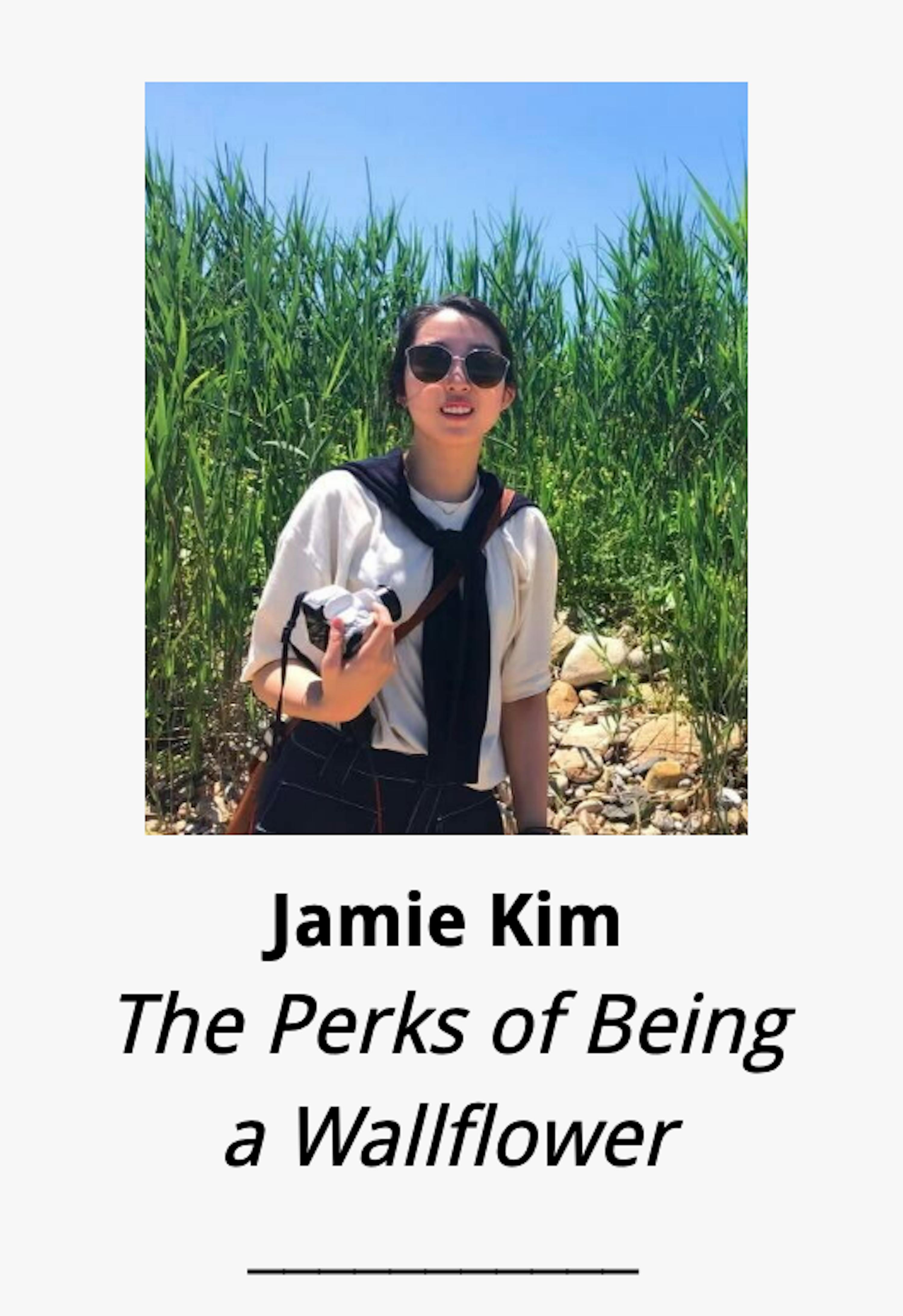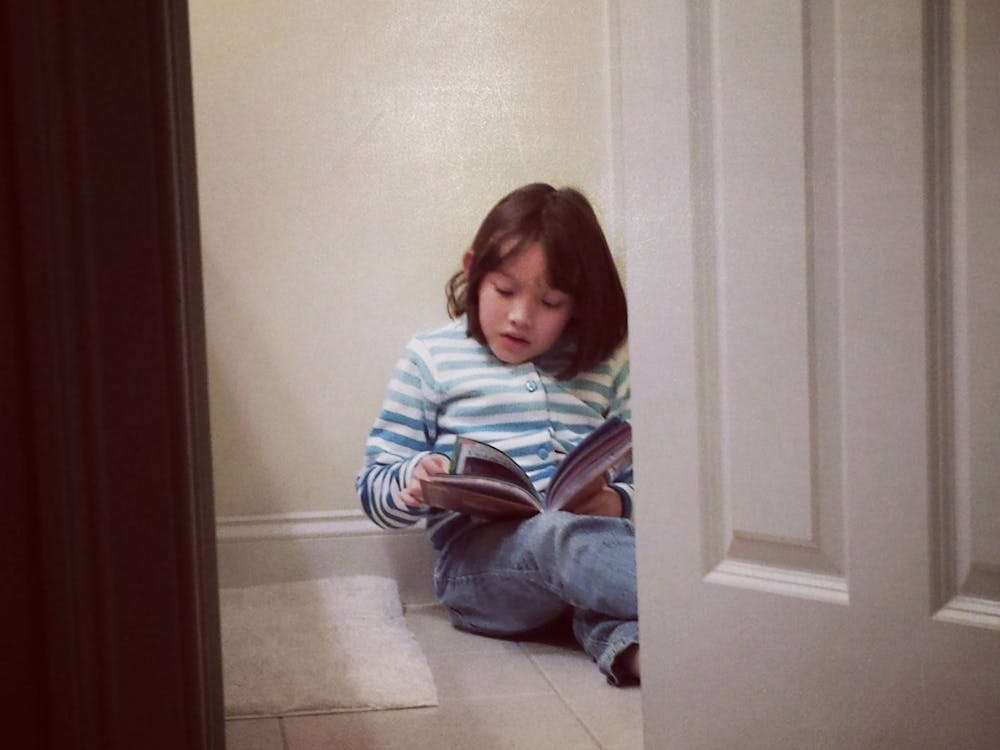
The struggle is real.
I never thought I’d find myself in a situation where I would be “a returning student.” But here I am, proud of the leap of faith I took to come back but also feeling wildly out of place. No one would be able to tell what kind of student I am, and frankly no one should care, but my own intrusive thoughts tell me that I stick out like a sore thumb.
Despite my apprehension, I’m glad for my time away from Hopkins, in part because it has given me the opportunity to really look back on myself as a student and a member of the community with a new perspective.
My previous years at Hopkins were rough. I came with a preconceived notion that I would be a pre-med, ace all my classes, make great friends and have fun. Things quickly took a turn as I struggled to keep up with everything and an unforeseen circumstance curbed all efforts, forcing me away from Hopkins for an extended period. Throughout the time that I was away, I learned a great deal about myself that shaped how I now view myself as a returning student.
Growing up, I was always the shy, quiet kid. There was no doubt that I had an introverted personality. And, as Myers-Briggs personality tests recently became popular, mine always come back with a blaring 92% introverted personality type.
When I first came to Hopkins, this was a major concern. I strongly believed that in order to survive, you had to be extroverted. And to some extent that may be true but not to the extent that I was initially taking it.
I quickly took up the idea that my introverted personality was to blame for my inability to make “real best friends” and find “real college activities.” This led me to drastically change who I was on the outside. I thought I could fake it until I made it, but it didn’t last long, and I quickly drained myself while trying to fit into what I thought was a typical, well-socializing student.
In hindsight, I was doing myself a disservice because I was constantly subjecting myself to imposter syndrome. I was already struggling with pre-med imposter syndrome, but I dug myself a deeper well by denying my own identity and personality.
During my time away, I spent a lot of time in an inpatient hospital setting and didn’t have the leisure to even think about being an extrovert. And I turned out just fine, if not better. I made it through the long rehab with my quiet demeanor, and I even met some great mentors along the way. Most importantly, I didn’t feel pressured or stressed about being myself.
Another major part of my personality was that I used to pride myself on a very structured lifestyle. Everything was planned exactly to the millisecond. I felt compelled to keep up with my strict schedule, and anything that spilled into the next “category” on my calendar made me feel immensely guilty and shameful.
Eventually, this would lead to an “all or nothing” way of thinking. The moment I began to trail off from the schedule, I would just put things off, thinking to myself “I’m behind schedule anyways.” I would feel like a failure, and a new procrastinatory guilt cycle would begin its spiral.
When I was away from Hopkins, I felt like I had excess time for the first time in nearly 10 years.
Truthfully I didn’t know what to do with all that time, but it allowed me to restructure how I use it. There’s a misconception that time management involves surgically planning out your day, but the key is to be flexible.
I’ve learned to take a more fluid approach to the concept of a schedule. I recently described this concept using the metaphor of a cell membrane (for all you STEM people). The structure exists, but it’s flexible. I don’t plan to the millisecond, but I still keep to a relative schedule, and I don’t force myself to study all the time.
For some people, planning each second may be useful, but for others just having small blocks of time for each activity of the day works better. You don’t have to frame your concept of time to another person’s. Make it personal!
My most self-destructive, albeit unintentional, behavior was my tendency to put my health on the back burner. Regular Primary Care visits were often rescheduled and eventually canceled. I had dangerously irregular eating and sleeping habits. And I misled myself into believing that headaches were normal; after all, I was a stressed Hopkins student!
Oftentimes, we don’t realize why adults always emphasize health until we reach a scary crossroad between life and death. We like to use our youth as an excuse to mask minor illnesses as normal. But that constant headache might not be normal, the cough might not be a cold or the emotions that you are feeling might not be your emotions. So get yourself checked before it’s too late!
We all know when our body is telling us that it's being pushed beyond its limits. Sometimes we push more and make it through, but the consequences of that pushing build up. It’s a hard lesson learned the long way.
A lot of things are glaringly obvious, but we choose to ignore them, and they constantly get overlooked. I’ve found that the ideas, advice and things that we perceive as minor eventually add up into something major, and we don’t realize it until we’re faced with the major consequences.
Just stop for a moment and take a deep breath to make sure that you’re being true to yourself, your time and your health.
Jamie Kim is a junior from New Jersey studying Psychology. Her column explores her journey navigating through life and Hopkins as an introvert.





